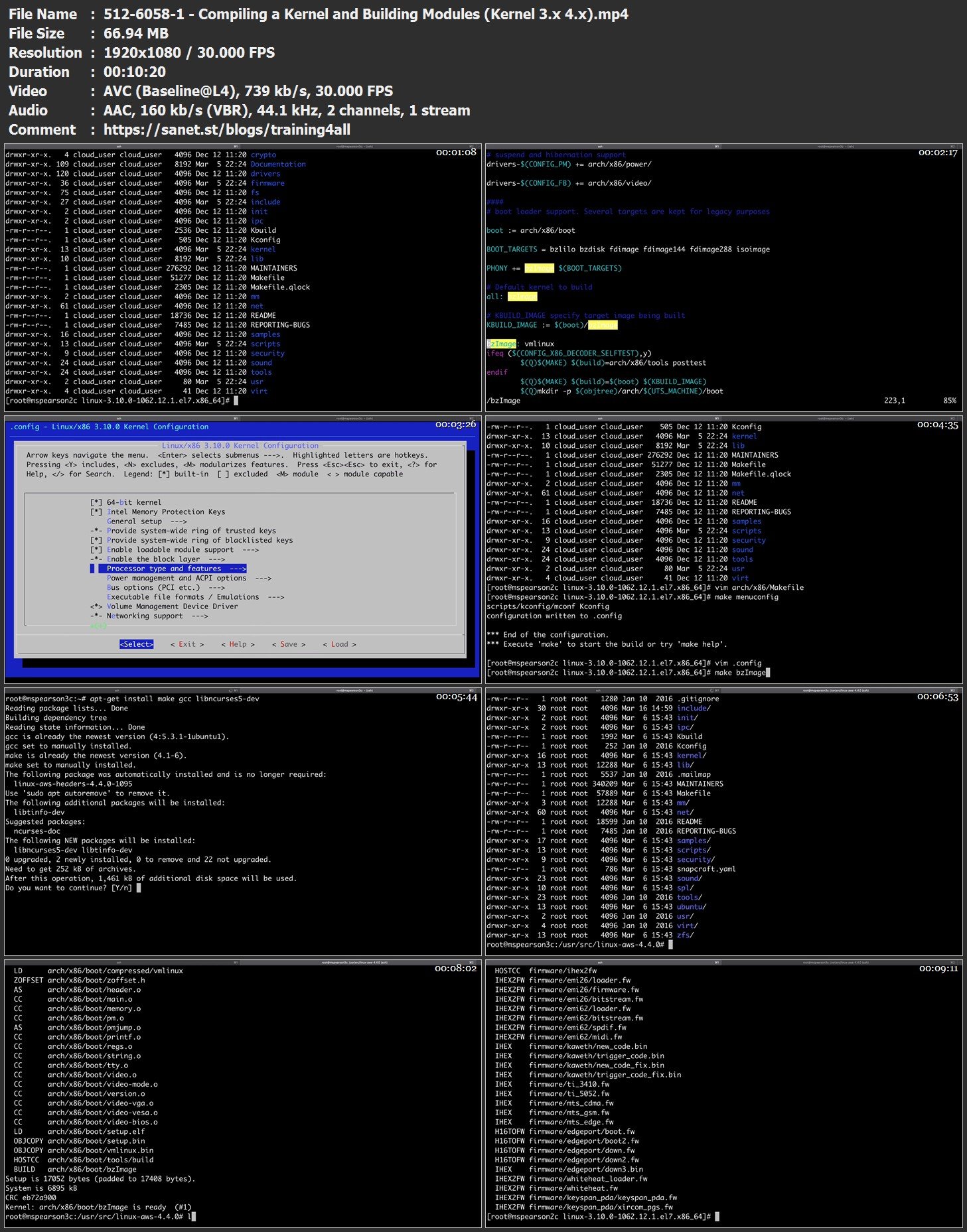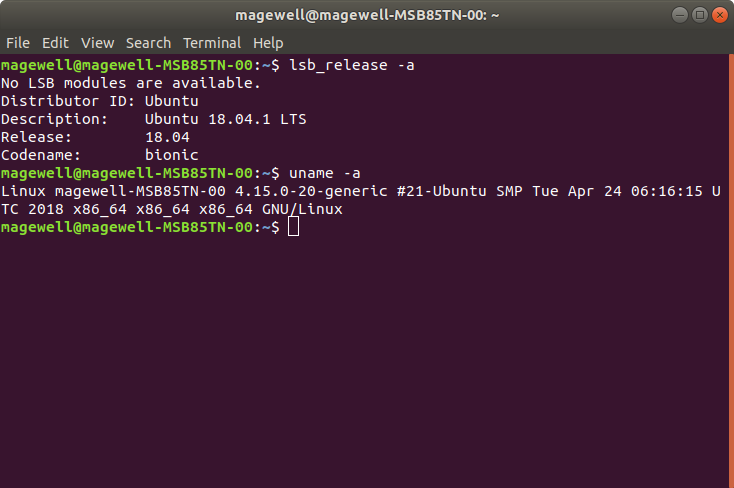
This new kernel provides various new features and significant updates.
LINUX KERNEL VERSION HISTORY SOFTWARE
This report looks back through the history of the Linux kernel and the impact of some of the best practices and tooling infrastructure that has emerged to enable one of the most significant software collaborations known. The latest version of the kernel in Linux is the 5.7 version. With the 5.8 release tagging on August 2, 2020, and with the merge window for 5.9 now complete, over a million commits of recorded Linux Kernel history are available to analyze from the last 29 years.

Our analysis of Linux is based on early releases, and the developer community commits from BitKeeper and git since the first Kernel release on September 17, 1991, through August 2, 2020. In this report, we look at Linux’s entire history. Given the recent announcement of version 5.8 as one of the largest yet, there’s no sign of it slowing down, with the latest release showing a new record of over ten commits per hour. Linux 5.15 just arrived - and here Linux kernel version history - Wikipedia Linux LTS Kernel 4.19 And 5.4 Will Now Be Supported For 6 Years. Since that original 1991 release, Linux has become one of the most successful collaborations in history, with over 20,000 contributors. Since the Linux Foundation started publishing the Linux Kernel Development Reports in 2008, we’ve observed progress between points in time. From sensors to supercomputers, we see it used in spacecraft, automobiles, smartphones, watches, and many more devices in our everyday lives. Deleting an alias To delete an alias use the unalias command followed by the name ( s ) of the alias ( es ) you wish to delete : unalias 11 1 E. 5.15.57.1 Release Date: Prerelease 2 Official Github release link Initial release of the WSL2 kernel based on the v5.


Over the last few decades, we’ve seen Linux steadily grow and become the most widely used operating system kernel. This Linux kernel is delivered to your machine via Microsoft Update, and follows a separate release schedule to the Windows Subsystem for Linux which is delivered as part of the Windows image.


 0 kommentar(er)
0 kommentar(er)
